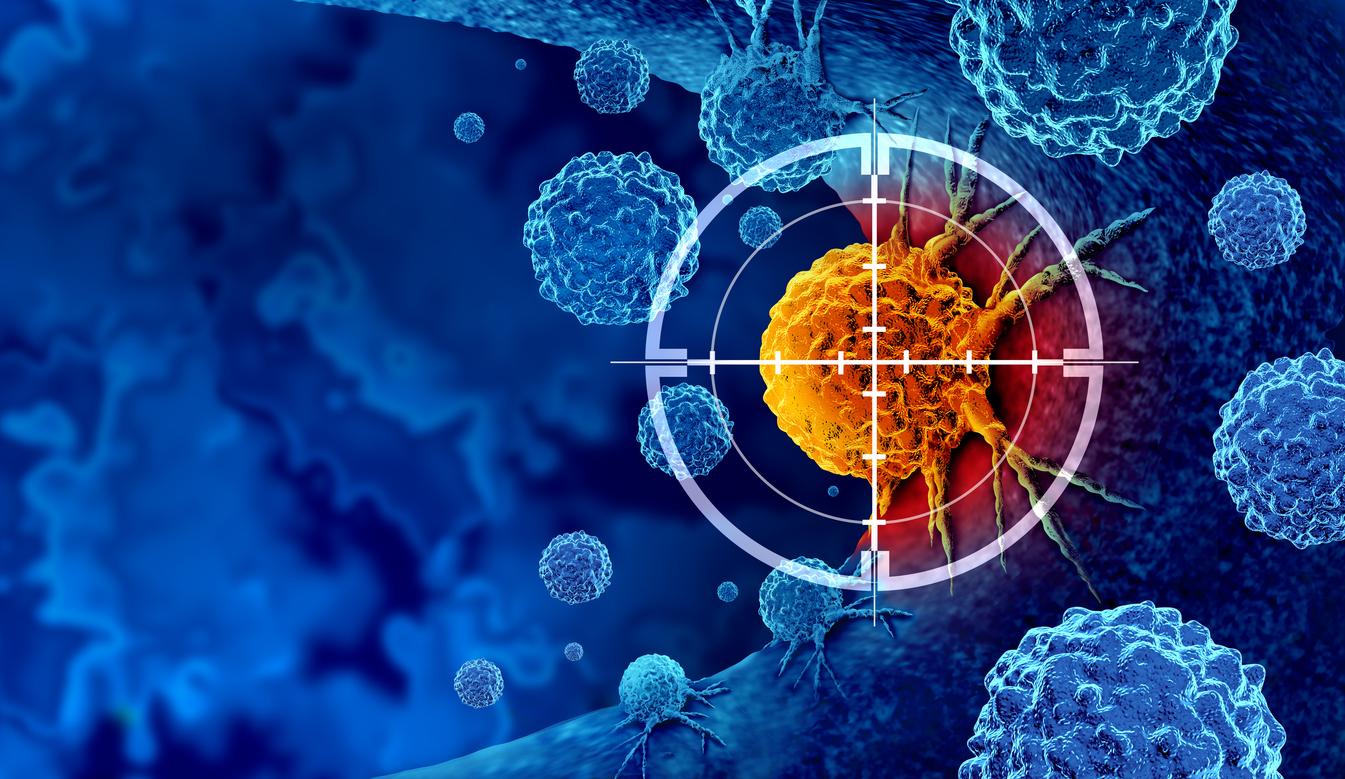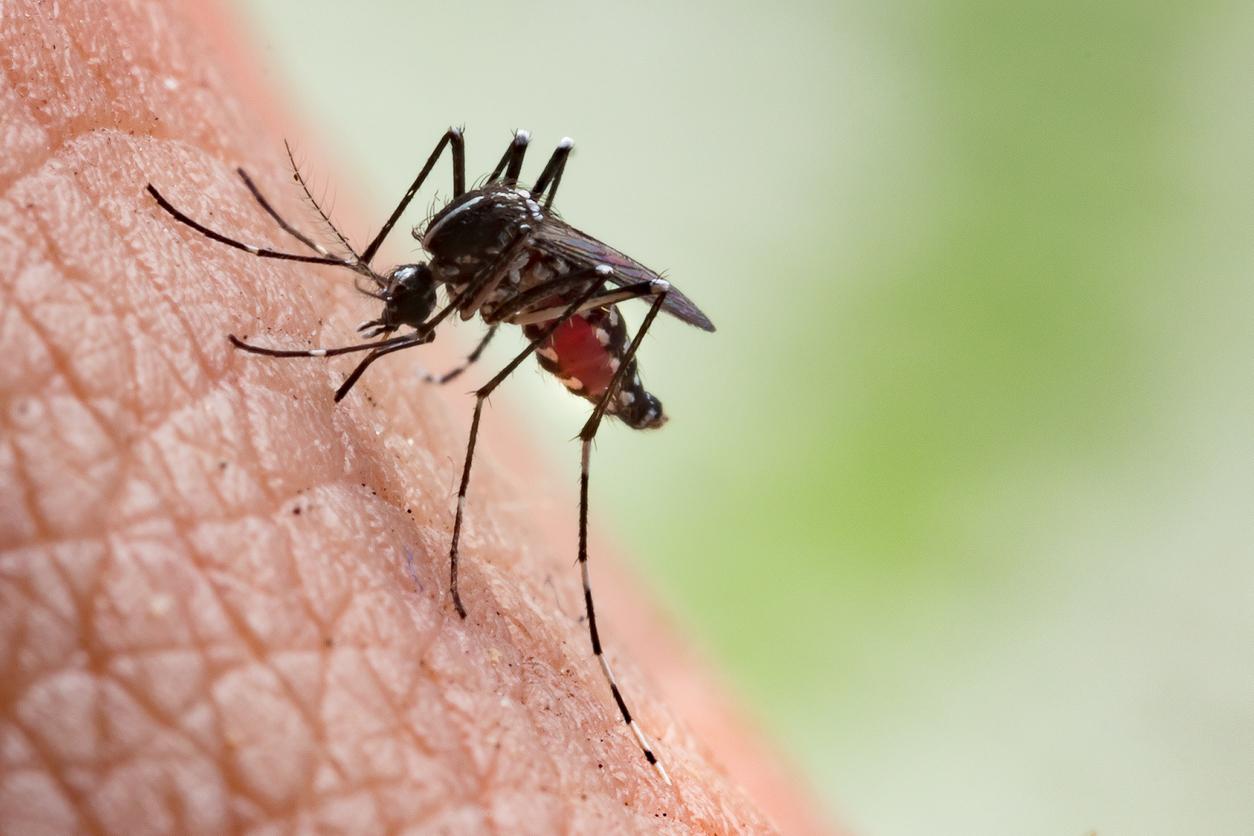Cancerous tumors in the testicles are rather rare and often asymptomatic. They can cause infertility and sexual disorders.

- The first Movember was born in 2003 in Australia and in 2007 in France.
- Testicular cancer affects between 1 and 1.5% of men.
Every November, men are invited to grow a mustache for Movember, a campaign to raise awareness of men’s diseases. This makes it possible in particular to raise funds for research, but also to talk about sometimes unknown pathologies, such as testicular cancer. These tumors are rare, but they are the most common cancers in men aged 15 to 35.
How is the diagnosis made?
In France, 2,300 men are affected each year by testicular cancer. In most cases, they are the main players in the diagnosis: it is by self-palpation that they detect an abnormal mass on one of their testicles. Often, they experience no symptoms. The diagnosis then spreads over several stages: a visit to the attending physician, an ultrasound, blood tests to detect the specific markers of this cancer. A urologist will be in charge of confirming the diagnosis.
How to treat a tumor of the testicles?
According to the National Cancer Institute, surgery is essential for testicular cancer. “Removal of the affected testicle by surgery (or orchiectomy) is the initial treatment, regardless of the type of tumors, and including in the case of metastasis, is it explained on his site. The operation consists of removing the testicle in which the tumor has developed and the nearby tissues to which it may have spread.“It may be necessary to add other treatments: chemotherapy, radiotherapy or lymph node dissection to remove the lymph nodes affected by cancer cells. This combination of treatments has demonstrated its effectiveness: mortality linked to this cancer has dropped by 40% since the 1990s. It is considered a cancer with a good prognosis insofar as its survival rate, whatever the stage, is the highest of all cancers.
What consequences?
Even if treated, testicular cancer can have serious consequences. Treatments sometimes have an impact on fertility: this is why sperm conservation is systematically proposed before the removal of the affected testicle, even if the man concerned has no plans to have a child. Testicular cancer can also affect desire and sexuality. “During treatments, physical and psychological fatigue can lead to a decrease in desire, warns theNational Cancer Institute. This decrease in libido is normal, it is generally temporary and disappears with the end of the treatments.“For some men, the removal of the testicle leads to a loss of self-confidence. In these cases, the National Cancer Institute recommends talking to a healthcare professional for help.
.

















